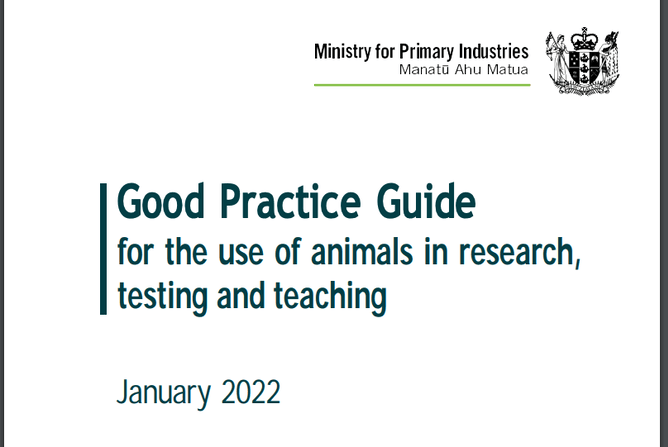Many people are concerned about animal testing of non-pharmaceutical products on animals and the impact (and associated cruelty) associated with that testing.
According to PETA (www.peta.org.) while some of the experimentation conducted on animals today is required by law, most of it isn’t. In fact, a number of countries have implemented bans on the testing of certain types of consumer goods on animals, such as the cosmetics-testing bans in the European Union, India, Israel, New Zealand, Norway, and elsewhere. (However, as we saw in the first blog in this series, Symrise and PETA lost their case against the EU for the requirement to test sunscreens on animals.)
Code of Ethical Conduct for Animal Testing in New Zealand
A code of ethical conduct for animal testing exists in the majority of countries. In New Zealand, this is overseen by the Ministry for Primary Industries (MPI) and is regulated under the Animal Welfare Act 1999.
Research, Testing and Teaching is covered under the term ‘manipulation’ in section 3 and was expanded in 2018 to include killing an animal for RTT on its body or tissues and breeding animals that have greater risk of pain or distress (for example, to research hereditary medical conditions).
Any person or organisation using animals must follow an approved code of ethical conduct and have an animal ethics committee. The list of code holders in New Zealand include Universities, Science organisations, Zoo’s and some private companies as well as the Department of Conservation.
The types of animals commonly used for research, testing and teaching in New Zealand are 1. Rats and mice 2. Rabbits and guinea pigs 3. Fish and 4. Sheep and cattle (these are most common because of New Zealand’s agricultural focus.
The 68 page Good Practice Guide (download below), states how experiments should be conducted including guidelines on limiting pain and distress, duration of experiments, tissue sharing, surgery and post operative care, withholding food and water as well as guidelines on specific manipulations like foetal experimentation, lesions of the central nervous system.
Organisations that carry out animal testing must submit annual statistics on the number of animals used in research, testing or teaching and the impact on those animals from none to severe, and there are guidelines being developed with regard to rehoming animals after their use in research testing and teaching.
Any projects using animals must be approved and monitored by an animal ethics committee that has at least 4 members (of which 3 must be external). These members must include: a nominee of an approved animal welfare organisation, a nominee of the New Zealand Veterinary Association and a lay person to represent the public interest (nominated by a local government body).
Each project that uses animals for approved purposes must demonstrate the benefits are not outweighed by the likely harm to the animals. Examples of benefits may include the maintenance of human health, or the production and productivity of animals. Animal ethics must regularly grade approved projects and report on them to MIPO and code holders and their animal ethics committees are independently reviewed by MPI accredited reviewers at least once every 5 years.
The 3R’s – are an additional code that companies can choose to put in place, more on that in the next blog article.


